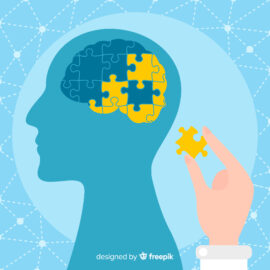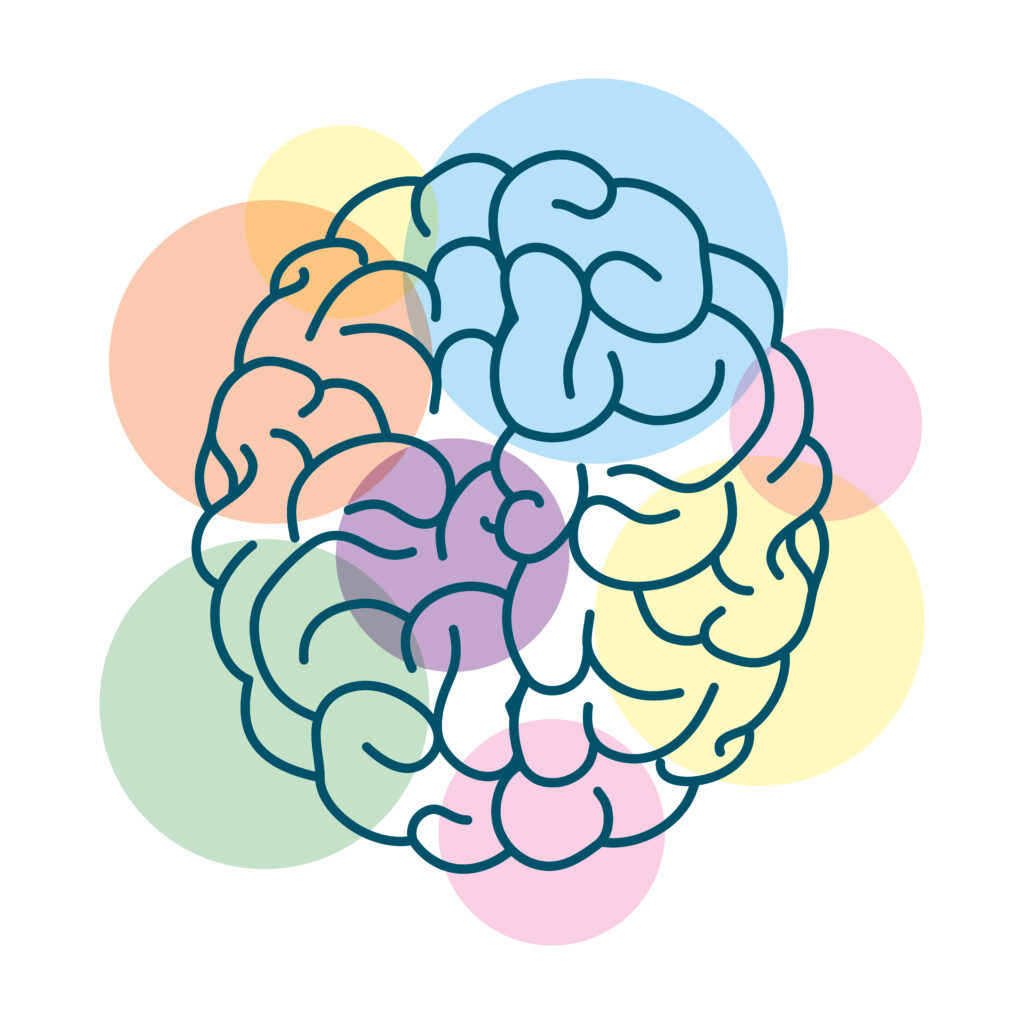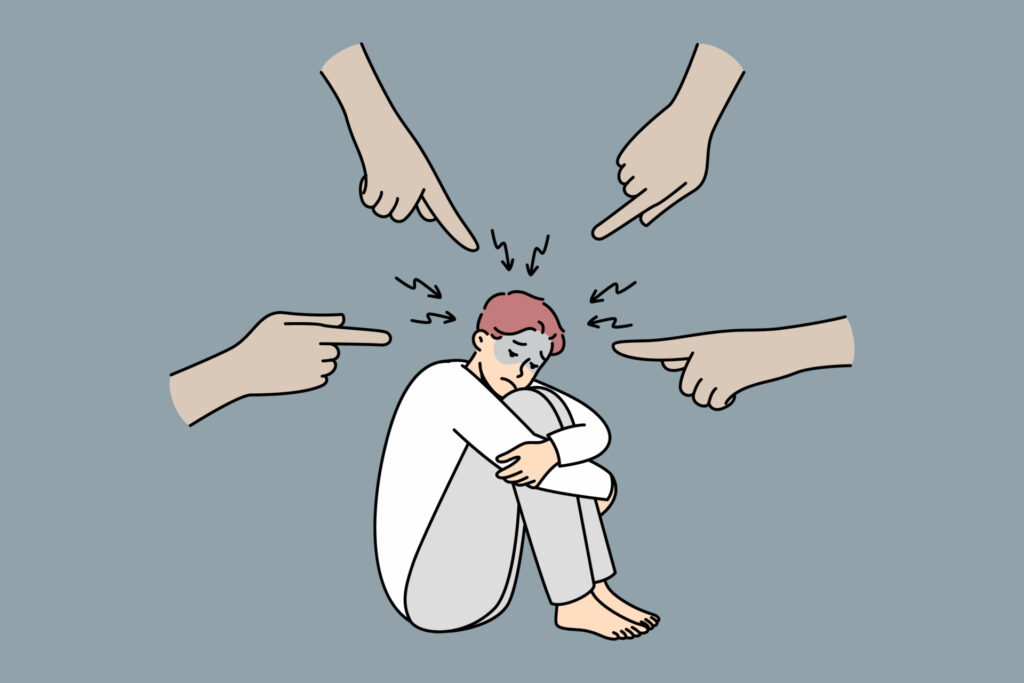
Cognitive Behavioral Therapy and neurodiversity
Cognitive Behavioral Therapy and neurodiversity affirming practices, can provide important support for individuals with neurodivergent experiences.
Neurodivergence includes conditions like autism, ADHD, and dyslexia, which can create unique challenges for mental health. To understand how Cognitive Behavioral Therapy and neurodiversity-affirming therapy can help, it’s important to first explore the meaning of neurodivergence and developmental disorders.
Developmental disorders refer to a group of conditions that affect the growth and development of the brain and nervous system, influencing various areas of thinking, feeling, and behaving (American Psychiatric Association, 2013). These conditions often appear early in life and include, but are not limited to, autism spectrum disorder, attention-deficit/hyperactivity disorder (ADHD), and specific learning disabilities like dyslexia.
The term “neurodivergent” is a positive way to describe people with neurological differences or conditions that may be different from those of the general population. It highlights the variety of brain functions and challenges the idea of a “normal” or “typical” brain. Neurodivergent individuals bring a unique view of the world, adding to the richness of human thinking and emotions.
Now that we have a better understanding, let’s take a closer look at the powerful impact that CBT can have in offering personalized support, building resilience, and helping neurodivergent clients grow on a personal level.
Understanding Neurodivergent Mind:
Neurodivergent individuals often face the challenge of navigating a world that isn’t always designed to understand or support their unique ways of thinking, feeling, and processing information. CBT provides an important foundation for creating a collaborative and supportive therapeutic journey. This approach encourages a deep and respectful understanding of each client’s individual cognitive and emotional experiences (Beck, 2011). By embracing the client’s personal perspective, CBT helps form a therapeutic relationship based on trust, respect, and mutual collaboration. This, in turn, sets the stage for meaningful progress and a deeper connection during therapy.
Thought Patterns, Cognitive Behavioral Therapy and neurodiversity
CBT teaches that thoughts directly affect feelings and behaviors. This is crucial for neurodivergent clients, whose minds work differently. By understanding and changing thought patterns, CBT can create significant positive effects. Neurodivergent individuals may struggle with negative thoughts, and CBT provides tools to identify and challenge them. This leads to healthier, positive thinking, fostering emotional well-being and adaptive behavior (Attwood, 2007).
Embracing Individual Strengths:
Neurodivergence is often seen as challenging, but it also includes strengths and talents that should be recognized. Traditional views may overlook these strengths. CBT encourages clients to embrace their unique abilities as tools for personal growth. By focusing on positive qualities, therapy boosts confidence, self-esteem, and identity (Sukhodolsky et al., 2013). CBT helps neurodivergent clients view differences as valuable assets that contribute to individuality and success.
Navigating Social Challenges:
For many neurodivergent individuals, social interactions can present unique and significant challenges. The nuances of social expectations, interpreting nonverbal cues, and connecting with others can often feel confusing, stressful, or even overwhelming.
These difficulties are not due to a lack of desire for connection but result from how neurodivergent brains process social information differently. Navigating social situations, such as understanding tone, body language, or subtle social rules, can be more complex for neurodivergent individuals. Cognitive Behavioral Therapy (CBT) offers valuable support by providing strategies and tools tailored to neurodivergent clients.
CBT helps clients better understand social cues, improve communication skills, and manage social anxiety or misunderstandings. It bridges the gap between their experiences and others’ expectations, fostering more positive interactions. CBT also helps challenge negative thoughts in social situations, building confidence and reducing fear of judgment.
Through therapy, clients gain tools to feel more comfortable and self-assured in social interactions. This reduces anxiety and uncertainty in these situations. Therapy also offers a safe space to practice skills, receive feedback, and build social confidence. Over time, neurodivergent individuals feel more empowered to form meaningful relationships, improving their well-being and sense of belonging.
Managing Anxiety and Sensory Overload:
Anxiety and sensory sensitivities are common companions for many neurodivergent individuals. CBT offers practical techniques for managing anxiety, such as relaxation exercises, cognitive restructuring, and mindfulness. By addressing sensory challenges, therapy becomes a holistic approach to enhancing overall well-being (NIMH, n.d.).
Setting Realistic Goals:
Cognitive Behavioral Therapy (CBT) for neurodivergent clients emphasizes collaborative goal-setting, recognizing that each individual has unique aspirations, strengths, and challenges. Therapists work with clients to create goals that are realistic, attainable, and meaningful to the person’s life circumstances. This ensures the objectives align with the client’s values, interests, and desired outcomes, making them relevant and motivating. By focusing on achievable milestones, CBT offers a clear, structured roadmap for personal growth, allowing steady progress at the client’s pace. Therapists provide guidance, support, and feedback, helping clients build confidence as they overcome obstacles and achieve their goals (Barkley, 2015; Ramsay, 2010). This approach empowers neurodivergent individuals to take ownership of their journey, fostering a sense of accomplishment and resilience.
Take steps to improve your mental well-being with therapy that incorporates neurodiversity and Cognitive Behavioral Therapy. If you’re interested, you can schedule an appointment here.

Hi! I’m a psychologist and the founder of Intercultural Psychology in Dublin, specializing in psychotherapy and CBT. I work with individuals from diverse cultural backgrounds and neurodiverse clients, helping them navigate life’s challenges, adjust to new environments, and grow along the way. I hope this blog encourages you to embrace your journey and inspires positive change in your life :).


